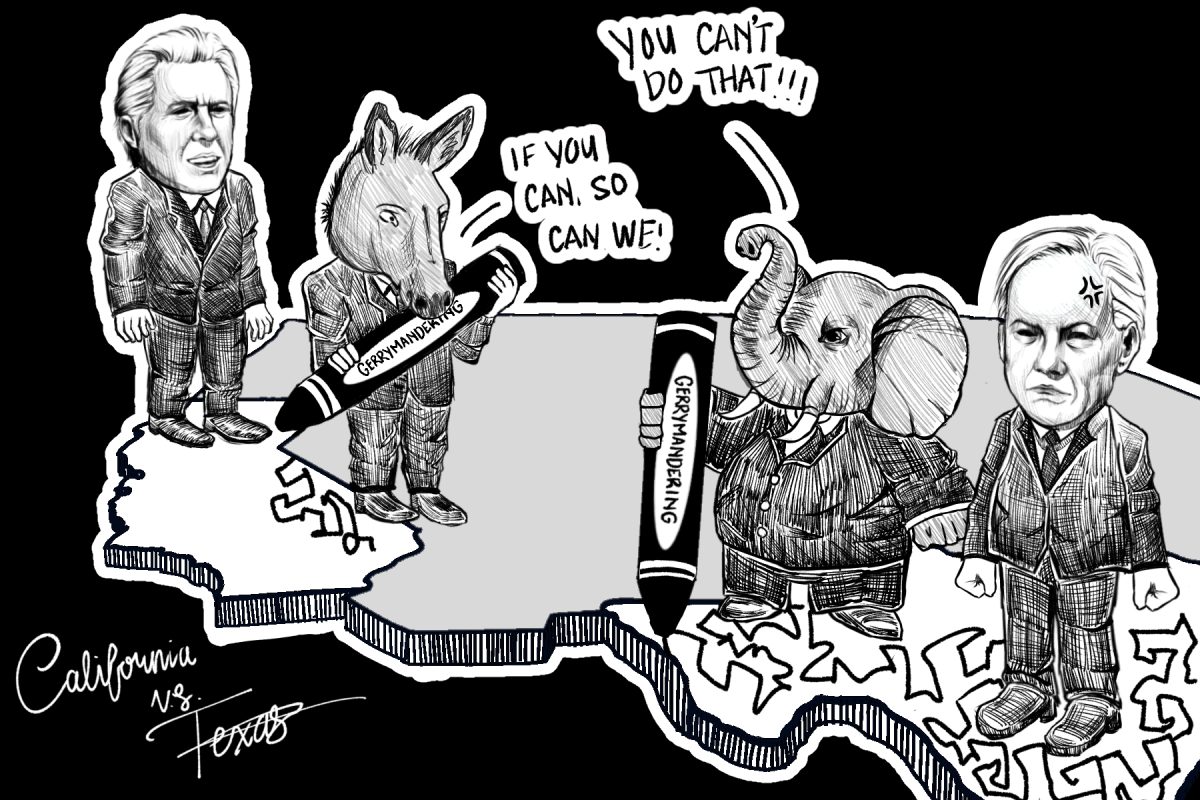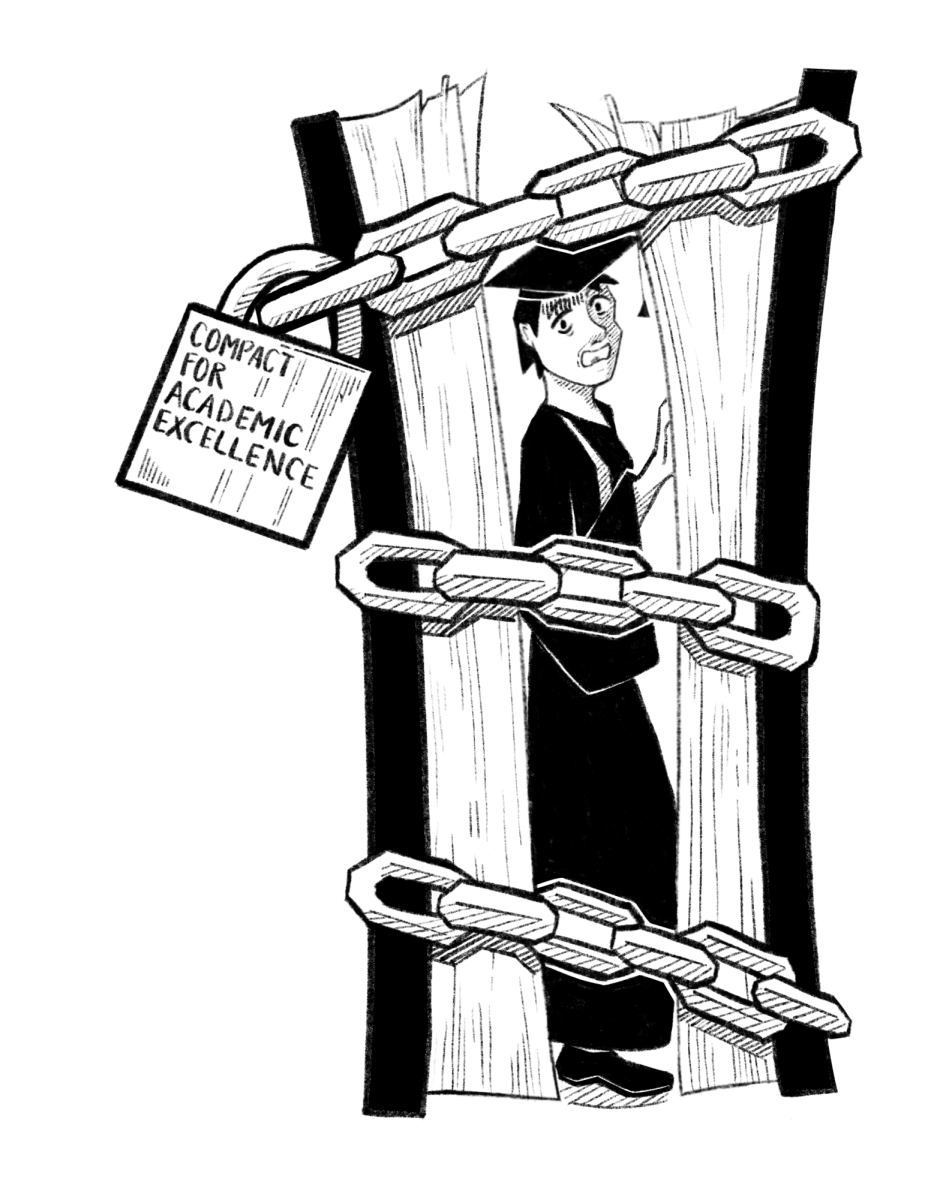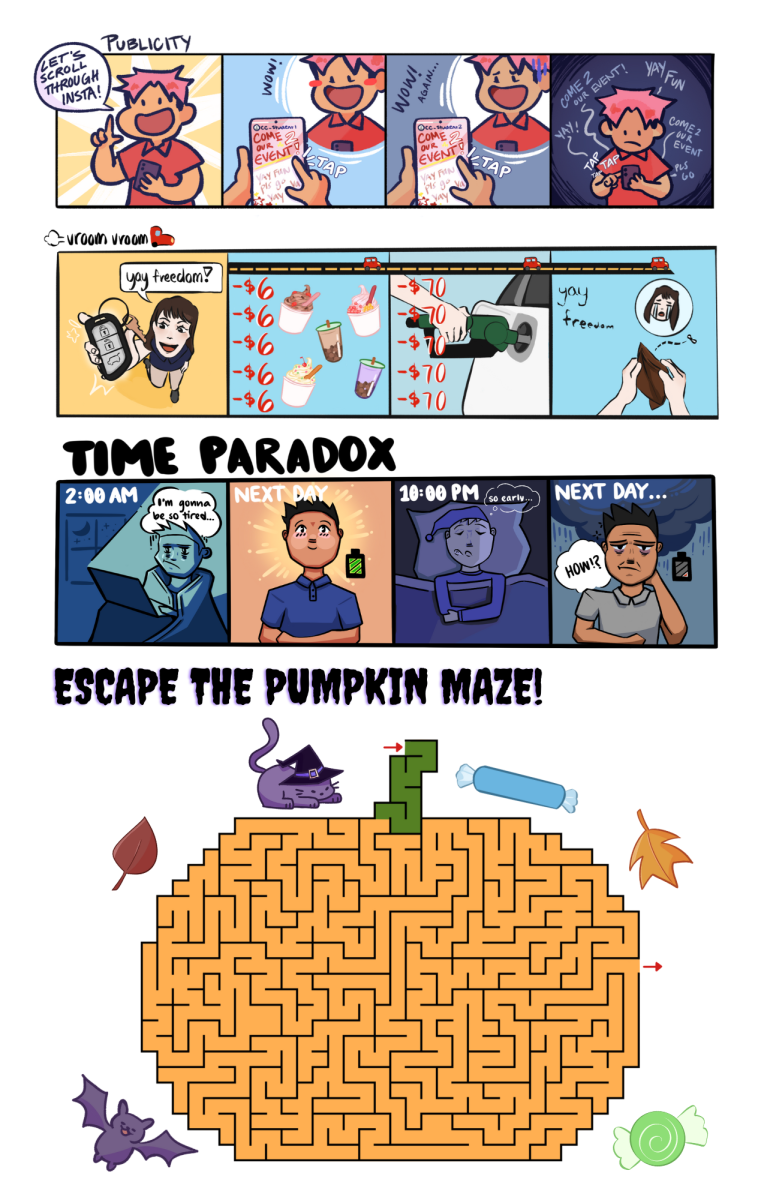College Board, the governing body for standardized college tests and courses, made numerous changes to core AP subjects for the current 2023-24 school year and beyond, namely three AP History courses, four AP Physics courses, and AP United States Government and Politics.
Multiple changes to the document-based question (DBQ) portion of the three history AP exams (European History, World History, United States History) were announced, effective this school year. For the evidence section, students now only need to use at least four documents to earn the second point, instead of six. In the sourcing section of the rubric only two documents, rather than the previous three required, are necessary to earn the point. Additionally, the complexity point is now more attainable. AP History students taking the exam can now do one of multiple things: use all seven documents throughout the essay, explain the HIPPOS of four documents, or merely use the provided documents “very well.”
“College Board keeps adjusting the rubrics to make passing scores more accessible,” said AP European History teacher Mr. Banderas. “They did set a ridiculously high, complicated bar to begin with, and they keep adjusting it.”
With 2023 passing rates of 59%, 48%, and 65% for European History, American History, and World History respectively, the changes College Board implemented will show its effects after grading is completed in the summer of 2024; whether passing rates will rise, fall, or stay about the same remains unknown.
“I think that College Board is changing it because the AP U.S. History exam is too hard to pass. The pass rate is barely above 50 [percent],” said AP U.S. History teacher Mrs. Casanova
The AP US Government coursework has also been altered for the new school year, as College Board officially states they have revised the course for clarity. These changes to the AP course include simplifying the structure by tying the “essential knowledge statements” and learning objectives to course units and topics compared to previous big ideas and enduring understanding. This change is intended to help instructors and students immediately identify the relevancy of the unit’s topic. Another specific change includes the altering of Roe v. Wade: since the overturning of Roe v. Wade the College Board now does not expect students to know the essential facts, majority opinion, holding, issues, and reasoning for the case.
AP Physics faces numerous changes across its four courses, although they will not be implemented until the 2024-25 school year. The AP Physics 1 exam now includes four FRQs, instead of five, all being new question types, including a math routines question and a qualitative/quantitative translation question. For AP Physics 2, the Fluids unit is being moved to AP Physics 1, and multi-select MCQ questions will be removed from the exam.
College Board’s constant revisions of their curriculum and standardized exams ensure the validity and fairness of offered courses. With the upcoming exams this year in May, students will be able to see the effects of the program’s alterations, hopefully positively.

































































